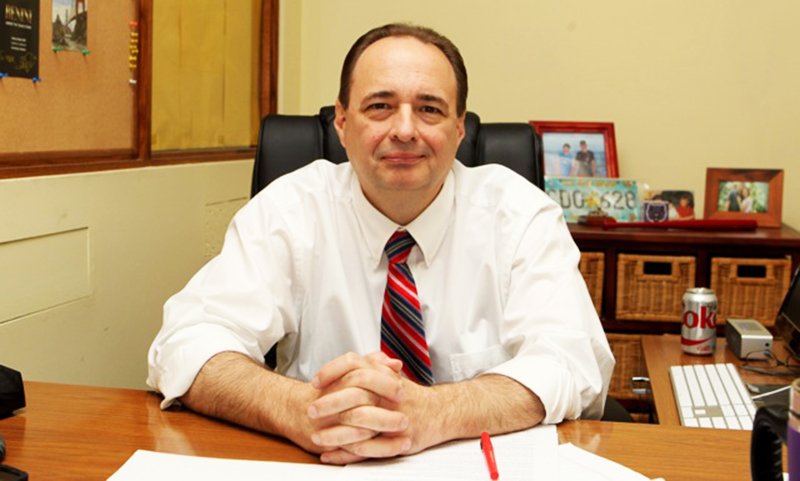Dana had to attend a major education conference in south Florida this summer, so Noah and I tagged along to leverage the trip into a sort-of vacation.
Of course, that meant flying. Flying has never bothered me; in fact, I enjoy it a lot, because flying means not driving. After having driven the 19-plus hours to Orlando a couple of times (and this meeting was a lot further south) I jump at the chance to fly instead of drive on long trips like these.
Part of my joy is wrapped up in the fact that Dana does all the packing -- making sure that all our luggage weighs the proper amount, and that no banned substances are packed away.
We had only flown a few times pre-9/11. It was, needless to say, a completely different experience. Family could accompany us to wave goodbye from the boarding area, and other than sending your luggage through a gnarly looking World War II-era Flash Gordon machine, there wasn't much to going through security.
My, how times have changed.
Your luggage, its contents, what you are wearing -- even your demeanor in line -- is scrutinized to the nth degree.
I remember the first time we flew to D.C. post-9/11. That was our first real taste of how the world had shifted underneath our feet following the terrorist attacks: heavily armed military security everywhere, and security checks that took long waits in long lines. Even the plane, when we took off from the airport, departed at a steeper angle as part of the security measures.
The security does not bother me in the least. In fact, I welcome it, although the delay it creates, and the need to be at the airport hours in advance, may seem unacceptable at times.
We were lucky on our most recent journey -- out of four separate flights, I was the only one who got patted down because the current Flash Gordon machine keyed in on something twice. While it wasn't fun, it was quick, uneventful, and we were on our way. We witnessed many other instances at the checkpoints in Atlanta and in Florida with other passengers where that was not the case.
Is it worth the potential humiliation, discomfort and delay? I suppose that's predicated upon how safe you feel when the doors close and the plane starts taxiing down the runway.
I was particularly struck this year by an AP story about a half-dozen stacks of stone that were added this spring to the memorial plaza at the World Trade Center in New York. According to the wire story, "They recognize an initially unseen toll of the 2001 terrorist attacks: firefighters, police and others who died or fell ill after exposure to toxins unleashed in the wreckage."
It struck me that we all deal with the seen and the unseen after 9/11. Yes, we grumble and sigh when we stand in long lines at the security counter, and fumble with our tickets and IDs at the boarding gate to make sure we have everything just right, lest we be the passenger who holds up the whole show because of a few minutes of inattentiveness.
That's the visible effect of 9/11. The intangible effect is when you watch your fellow passengers come aboard -- do you scan across their faces with suspicion the same way you scan the faces of strangers as they dodge past you in a crowded terminal, wondering if they are up to no good, or as you sit in the boarding area, wondering if the other luggage around you got the same scrutiny as yours? And was it enough? Those are the intangible, unseen effects of 9/11 -- the sense of unease that, despite all the security measures, maybe in the end it just won't be enough.
So today, I say shake off that feeling of unease and think for a moment about all of the people -- seen and unseen -- who paid a great cost for your freedom. Maybe, in that way, the thousands who suffered that day and in the years since 9/11 won't have made those sacrifices in vain.
Editorial on 09/11/2019